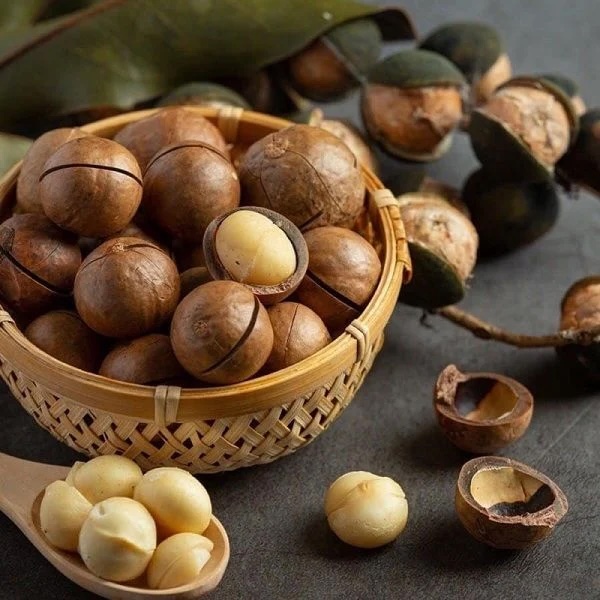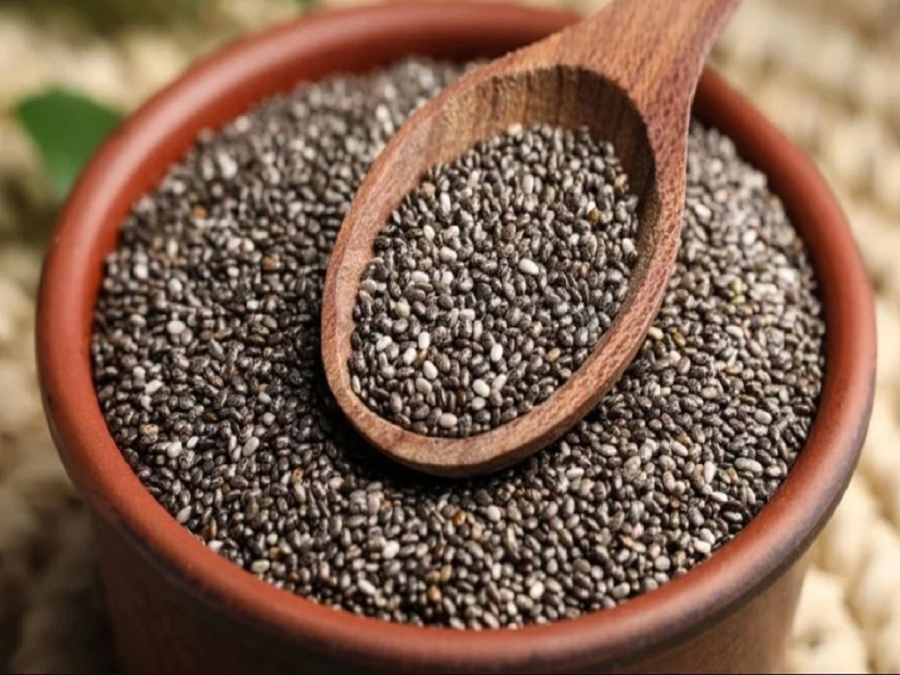The Dangers of High Blood Fat
High blood fat, or hyperlipidemia, is a condition where there is an elevated level of cholesterol or triglycerides in the blood. This can have serious health consequences, including:
– Cardiovascular disease: Hyperlipidemia is considered a leading risk factor for heart problems. Cholesterol and triglycerides can build up in the arteries, forming plaque that restricts blood flow to the heart, leading to cardiac issues.
– Stroke: These plaques can also cause a stroke. If one of them ruptures and forms a blood clot, it could block blood flow to the brain.
– Non-alcoholic fatty liver disease: High blood fat can lead to this condition, causing severe inflammation and liver damage.
– Increased risk of type 2 diabetes: Hyperlipidemia is associated with a higher chance of developing this metabolic disorder.
– Kidney disease risk: The pressure on small blood vessels in the kidneys due to high blood fat can result in renal issues.

High blood fat puts pressure on the kidneys’ small blood vessels, increasing the risk of kidney disease.
Omega-3 Rich Seeds to the Rescue
Seeds such as cashews, walnuts, macadamia nuts, pecans, and flaxseeds are known for their high content of healthy fats. These fats help reduce inflammation and regulate cholesterol levels in the body. Let’s explore some of these seeds and their benefits:
Walnuts
Dubbed the “king of nuts,” walnuts are packed with omega-3 fatty acids. According to the American Journal of Clinical Nutrition, consuming 43g of walnuts daily can lower LDL levels and improve blood cholesterol ratios.
Additionally, the polyphenols and antioxidants in walnuts reduce inflammation, a critical factor in managing high blood fat.
Macadamia Nuts
As reported by Times of India, macadamia nuts can help lower the risk of cardiovascular disease by maintaining healthy cholesterol levels. The monounsaturated fats in these nuts contribute to lowering overall cholesterol and LDL (“bad”) cholesterol, fighting inflammation and oxidative stress that can damage cells.

Monounsaturated fats in macadamia nuts help lower overall cholesterol and LDL (“bad”) cholesterol.
Cashews
Cashews offer healthy fats and positively impact cardiovascular health. They are cholesterol-free and packed with essential nutrients that support heart function effectively.
Flaxseeds
Flaxseeds are an excellent source of alpha-linolenic acid (ALA), a plant-based omega-3. According to Nutrition and Metabolism, consuming 30g of flaxseeds daily significantly reduces triglyceride and LDL levels while boosting HDL (“good”) cholesterol.
Additionally, flaxseeds contain soluble fiber, which helps block cholesterol absorption in the intestines, further contributing to lowering blood fat levels.
Chia Seeds
Chia seeds have gained popularity for their high omega-3 ALA content, recommended by many nutritionists. Research published in the Journal of Clinical Lipidology found that chia seeds not only help lower triglycerides but also improve insulin sensitivity, crucial for maintaining healthy blood lipid levels.
Chia seeds’ unique ability to absorb water helps control appetite and curb fat accumulation.

Chia seeds’ water-absorbing capacity helps control appetite and curb fat accumulation.
Benefits of Omega-3 for Blood Fat Levels
Omega-3 fatty acids, particularly plant-based ALA, reduce triglyceride levels by slowing down fat synthesis in the liver. Additionally, omega-3 enhances blood vessel elasticity and reduces inflammation, which are key factors in controlling cholesterol and preventing atherosclerosis.
According to research from the National Institutes of Health (NIH), a diet rich in omega-3 can lower the risk of cardiovascular disease by up to 25%.
How to Incorporate Omega-3 Rich Seeds into Your Diet
– Chia seeds and flaxseeds: Sprinkle them on yogurt, smoothies, or oatmeal for breakfast.
– Walnuts: Enjoy them as a snack or add them to salads.
– Hemp seeds: Sprinkle them on vegetables or mix them with cereals.
– Mustard seeds: Use mustard oil for cooking or make a salad dressing with it.






























